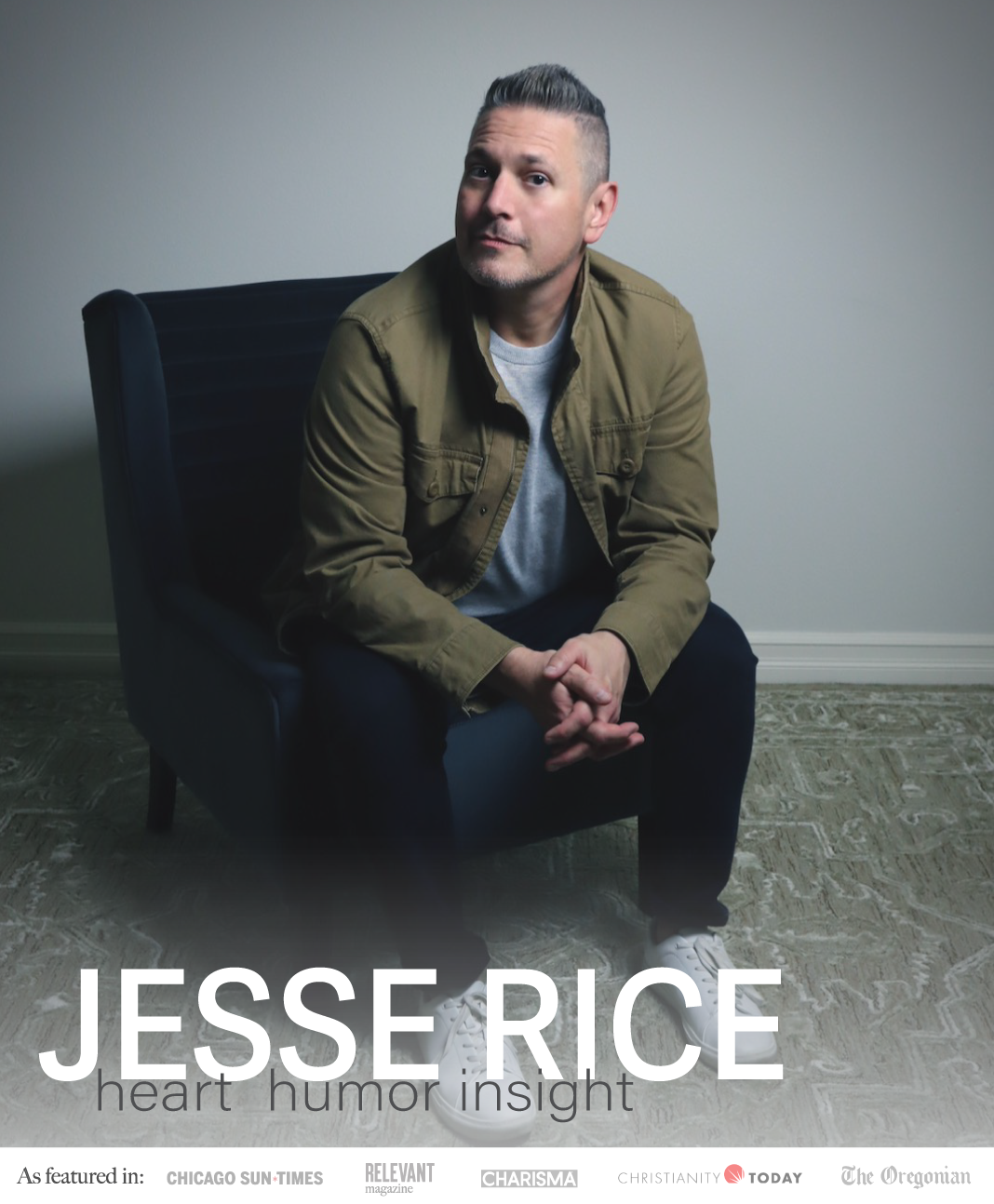
I’m embarrassed to admit this, but I have a bias toward inaction. Meaning I’d rather think about doing stuff than actually do stuff.
I’d rather think about making a big impact in the world than do the small, un-sexy things that actually change the world.
I’d rather imagine myself shirtless at the beach sporting tanned six-pack abs than get up early, workout, and eat less sugar.
Having recently moved to a new city, I’d rather daydream about enjoying a tight knit community than do the slow, vulnerable work of pursuing new friendships.
And when it’s come to the necessary work of figuring out what to do with my life, all that thinking-and-not-doing has often created some challenges. It’s often resulted in me running headless-chicken-like in circles, anxiously yelling about how “I’ll never amount to anything” or “why can’t I figure this out? Everyone around me seems to have already figured it out! I’m such a loser! Aaaaaaaaaaaa!”
Ever think those kinds of thoughts? Know what it’s like to get stuck at a crossroads, wondering which way is best? Ever feel like everyone around you is taking off and soaring to new horizons while you keep circling the airport over and over and over?
If you’ve ever felt paralyzed by indecision, wondering which way to go, know this:
You can only steer a car that’s moving.
(In this metaphor, you’re the car.)
In other words, there’s no way to get where you want to go in life – or even figure out where you want to go – without some kind of forward momentum.
But if you’re like me, you want to STOP moving. You want to press pause and figure everything out before you make the choice. You want to put everything on hold until you have some guarantees about what’s on the other side of your decision.
Yes, it’s good to consider your options. It’s good to do your research. It’s good to make a pros and cons lists. It’s good to run big choices by trusted friends and family. But it’s NOT good to let your need to know the outcome paralyze you with fear:
Fear that you’ll make the wrong choice.
Fear that you’ll miss out on something better.
Fear that you’ll look like a fool to the people you respect.
But you can’t “know” if you’re not moving. You have to ACT in order to KNOW.
You have to take small steps. You have to experiment a little. You have to try things on and see what fits. You have to get your hands dirty. You have to iterate and reiterate. You have to look up the word “iterate” to make sure you’re using it correctly in a sentence.
You have to act in order to know.
So what’s one small thing you can do after reading this post that will help keep you moving?
Do it. Keep the car moving. Keep practicing your steering, braking, accelerating. Working the basics will never fail to take you someplace significant.

